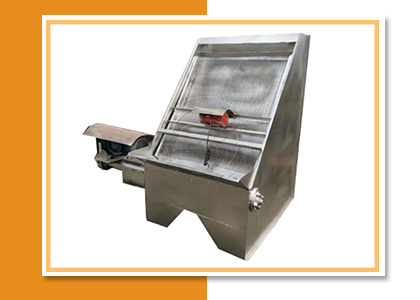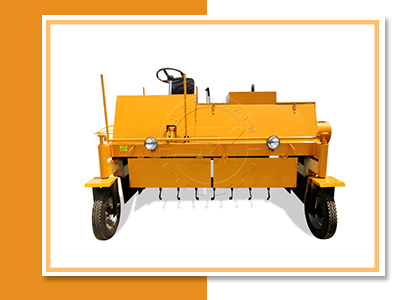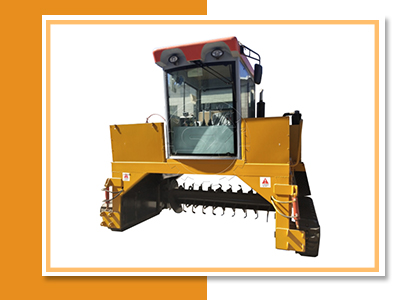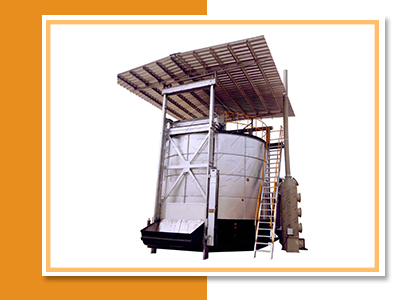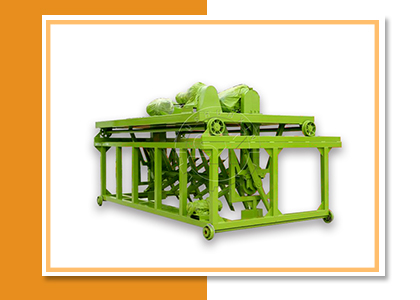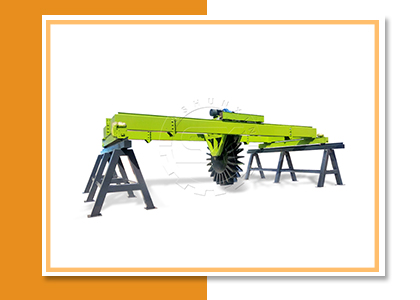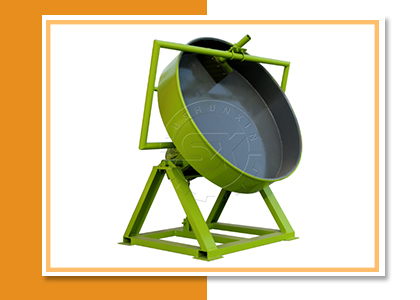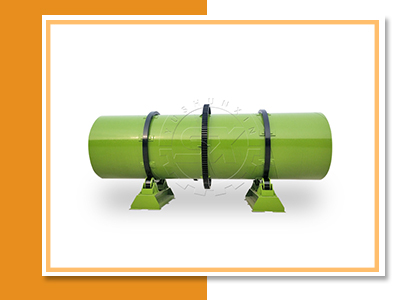During the production of fertilizers, moisture can become a significant problem. High moisture levels can cause clumping and caking, making it challenging to handle and distribute the product effectively. Moisture can also lead to bacterial growth, which can decrease the shelf life of fertilizers and potentially harm crops.
Fertilizer dewatering machines are an essential piece of equipment in the production process for various types of fertilizers. These machines help maximize efficiency by reducing the moisture content of fertilizers, making them easier to granulate, transport, and store.
“Now, inquiry us to buy an organic fertilizer processing plant and start your fertilizer business!”
Why should use a manure dewatering machine before fertilizer making?
Firstly, most fresh manure has a moisture content of 70%-80%. there are too much water to compost the manure directly. So you need a dewatering machine to reduce the extra moisture. Secondly, the solid content of the manure can be inconsistent, which can affect the quality of the final fertilizer product. By using a manure dewatering machine, the solid content of the manure is more uniform, resulting in a more consistent and higher quality final fertilizer product.
What manure can be used dewatering machine?
One common type of animal manure suitable for dewatering is from livestock, including cows, pigs, and poultry. These animals produce substantial amounts of waste, which, if not properly managed, can pose environmental and health risks. By utilizing a dewatering machine, farmers and livestock owners can efficiently handle and process manure.
Dewatering machines are also highly effective in processing manure from smaller animals, such as rabbits, goats, and sheep. While the volume of waste generated by these animals may be smaller compared to larger livestock, it is equally important to manage their manure properly. Dewatering technology enables the removal of excess moisture from the manure.
The dewatering process offers several advantages when applied to animal manure. First and foremost, it reduces the moisture content of the manure, which has multiple benefits. The reduced moisture content significantly decreases the weight and volume of the manure, making it easier and more cost-effective to transport and store. This is particularly beneficial for farmers who need to transport manure to distant fields or facilities.
In addition, dewatered manure has improved handling characteristics. With reduced moisture, the manure becomes more manageable, less odorous, and less likely to attract pests. The solid component of dewatered manure can be further processed into value-added products such as compost or organic fertilizer, which can be used to enrich soil fertility and promote sustainable agriculture.
Another crucial advantage of using dewatering machines for animal manure is the environmental impact. By reducing the moisture content, the volume of waste is minimized, requiring less space for disposal. This helps prevent groundwater contamination and reduces the risk of nutrient runoff into nearby water bodies, which can contribute to water pollution and ecosystem degradation.
Furthermore, the dewatering process can contribute to odor reduction, making it more socially acceptable to manage animal waste in proximity to residential areas. The removal of excess moisture reduces anaerobic decomposition, which is responsible for the release of unpleasant odors. By implementing dewatering technology, farmers can mitigate odor-related issues and maintain positive relationships with their communities.

